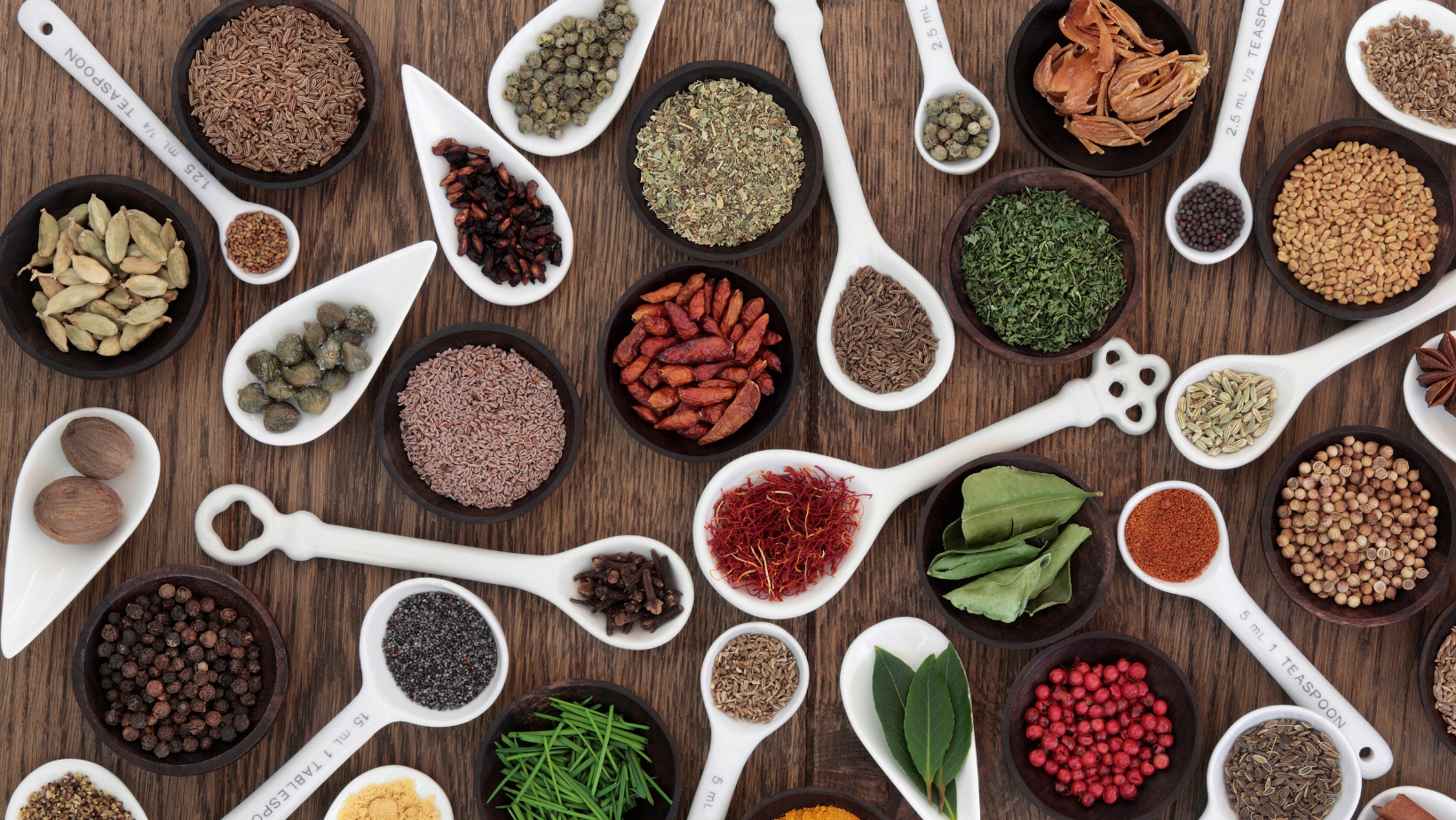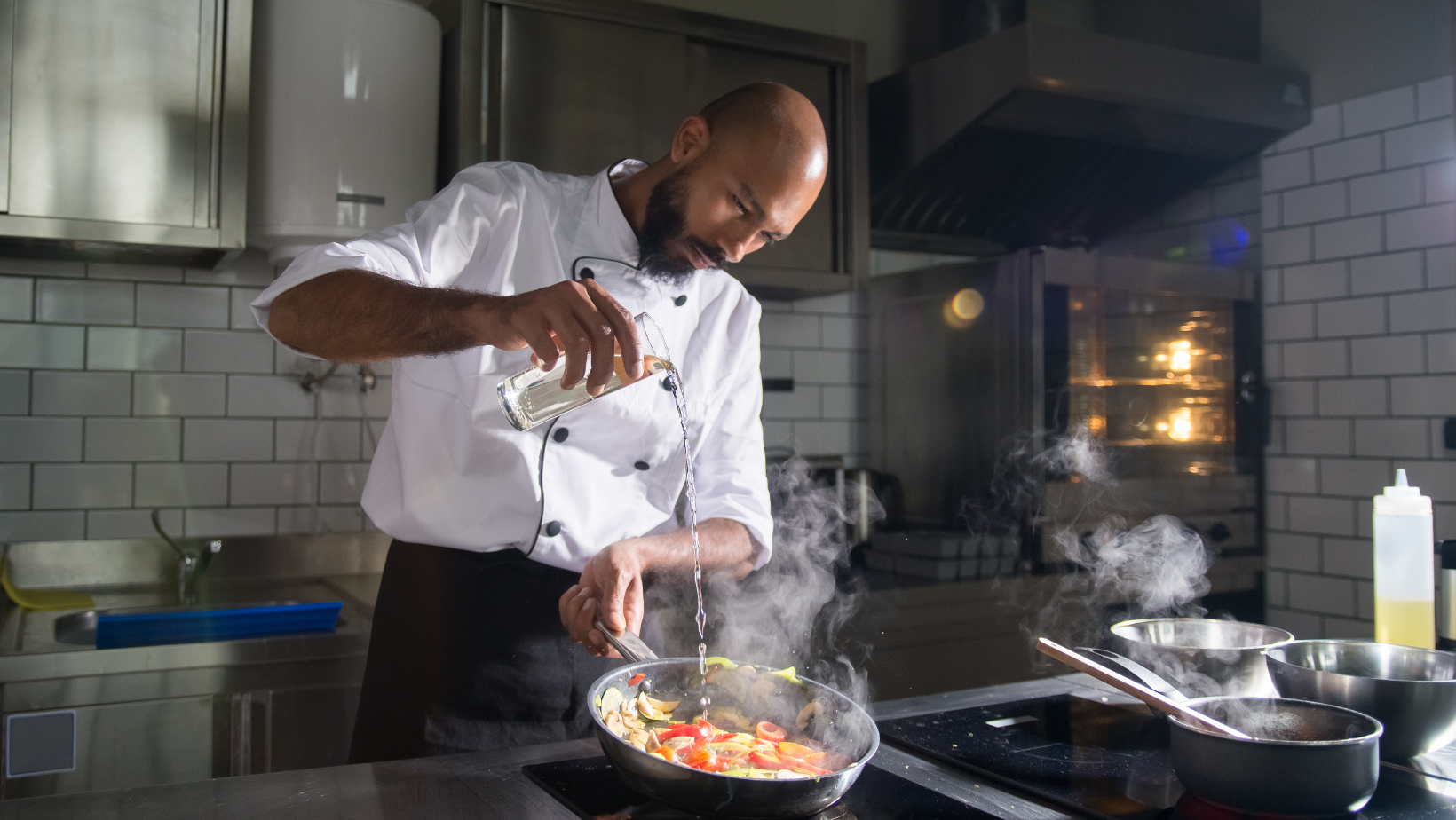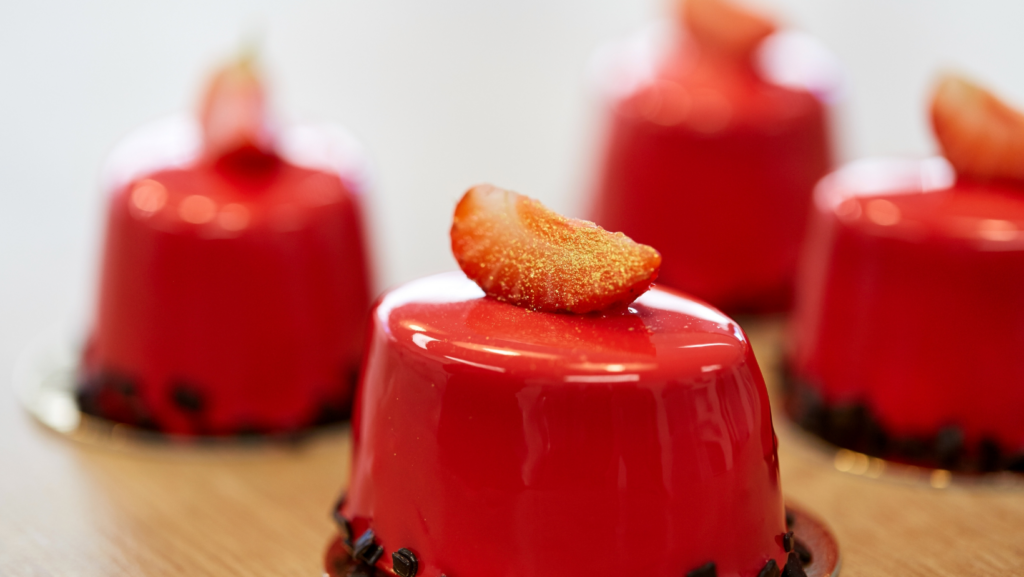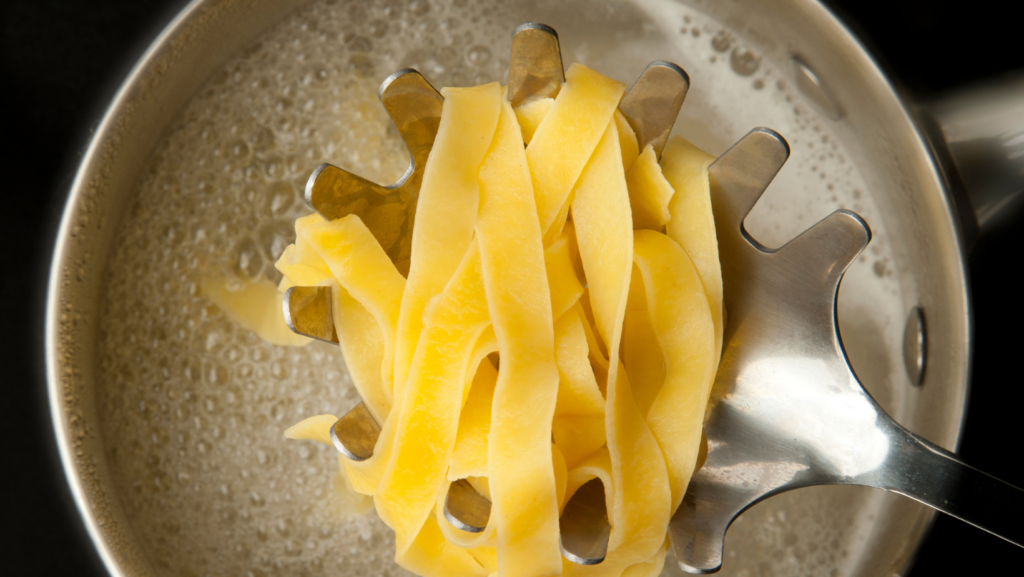Culinary arts, a term that sparks images of bustling kitchens, exquisite meals, and aromatic flavors, encompasses much more than just cooking. It’s an expansive field that merges creativity with gastronomic science, offering a canvas for chefs to express their passion through food. At its core, the culinary world is about transforming simple ingredients into extraordinary experiences, a process that demands both skill and artistry. Delving into the definition of culinary reveals a rich tapestry of techniques, traditions, and innovations. Whether it’s the meticulous preparation of French cuisine or the bold flavors of street food from around the globe, culinary arts are a reflection of cultural identity and personal creativity.
Definition of Culinary
The Origins of Culinary Arts
 The term “culinary” originates from definition of culinary the Latin word “culina,” meaning kitchen. Historically, culinary arts referred primarily to the art of cooking. This field has evolved from basic cooking practices used for survival to a complex array of abilities and knowledge aimed at enhancing the sensory experience of dining. Early culinary practices were intertwined with the cultural and medicinal uses of food, transforming local ingredients into nutritious meals. Moreover, historical records from ancient civilizations, including the Romans and Greeks, showcase the presence of sophisticated culinary skills and banquets that played a pivotal role in social and political life.
The term “culinary” originates from definition of culinary the Latin word “culina,” meaning kitchen. Historically, culinary arts referred primarily to the art of cooking. This field has evolved from basic cooking practices used for survival to a complex array of abilities and knowledge aimed at enhancing the sensory experience of dining. Early culinary practices were intertwined with the cultural and medicinal uses of food, transforming local ingredients into nutritious meals. Moreover, historical records from ancient civilizations, including the Romans and Greeks, showcase the presence of sophisticated culinary skills and banquets that played a pivotal role in social and political life.
In contemporary contexts, the definition of culinary extends beyond cooking to embrace a broader spectrum of food preparation and presentation techniques. Culinary arts now incorporate the entirety of the food experience, from selecting high-quality ingredients and pairing flavors to the artistic presentation and serving of dishes. Culinary professionals, often known as chefs, are not just cooks; they are artists and scientists who understand the chemistry of food, nutrition, and dietary needs. They also study how factors like atmosphere and culture influence dining experiences. Thus, the modern culinary definition recognizes the blend of art, science, and business skills required to succeed in the culinary industry.
Culinary as a Skill and Profession
Culinary arts serve as both a skill and a profession, encompassing more than just basic cooking techniques. Chefs master the art of flavor  combination and precise cooking methods, enhancing their craft with a deep understanding of nutritional values and ingredient properties. This skill set not only includes creating visually appealing dishes but also managing kitchen operations efficiently. As a profession, culinary arts demands versatility and creativity, skills that chefs develop through rigorous training in culinary schools or real-world kitchen experience. Moreover, professional chefs often pursue certifications like the Certified Executive Chef to bolster their credentials. These credentials confirm their expertise in menu planning, kitchen management, and recipe development, all integral to culinary success. Chefs’ roles extend beyond cooking to include mentoring kitchen staff, ensuring food safety standards, and innovating new dishes that reflect cultural trends and dietary needs.
combination and precise cooking methods, enhancing their craft with a deep understanding of nutritional values and ingredient properties. This skill set not only includes creating visually appealing dishes but also managing kitchen operations efficiently. As a profession, culinary arts demands versatility and creativity, skills that chefs develop through rigorous training in culinary schools or real-world kitchen experience. Moreover, professional chefs often pursue certifications like the Certified Executive Chef to bolster their credentials. These credentials confirm their expertise in menu planning, kitchen management, and recipe development, all integral to culinary success. Chefs’ roles extend beyond cooking to include mentoring kitchen staff, ensuring food safety standards, and innovating new dishes that reflect cultural trends and dietary needs.
Impact of Global Cultures on Culinary Definitions
 The definitions of culinary arts continuously evolve, significantly influenced by global cultures. As cross-cultural exchanges escalate, traditional cuisines merge, creating innovative culinary practices and definitions. For instance, the integration of Asian spices into Western cuisines has not only expanded flavor profiles but also redefined what constitutes a typical Western dish. Similarly, chefs incorporate techniques like the Japanese kaiseki into Western culinary training, further diversifying the culinary landscape. This blending of culinary traditions enriches a chef’s repertoire and often leads to hybrid dishes that reflect a global palate. These dynamic culinary combinations enable continuous evolution in how culinary arts are defined, emphasizing the importance of cultural diversity in shaping food experiences.
The definitions of culinary arts continuously evolve, significantly influenced by global cultures. As cross-cultural exchanges escalate, traditional cuisines merge, creating innovative culinary practices and definitions. For instance, the integration of Asian spices into Western cuisines has not only expanded flavor profiles but also redefined what constitutes a typical Western dish. Similarly, chefs incorporate techniques like the Japanese kaiseki into Western culinary training, further diversifying the culinary landscape. This blending of culinary traditions enriches a chef’s repertoire and often leads to hybrid dishes that reflect a global palate. These dynamic culinary combinations enable continuous evolution in how culinary arts are defined, emphasizing the importance of cultural diversity in shaping food experiences.
The Future of Culinary Innovation
The culinary arts continue to evolve dynamically, reflecting an ever-expanding palette of global influences and technological advancements. As chefs blend traditional techniques with modern innovations, the boundaries of what can be achieved in the kitchen are continually redefined. This fusion not only enhances the sensory experience of dining but also deepens our understanding of cultural heritage through food. With ongoing advancements in food science and a growing emphasis on sustainability, the future of culinary arts promises to be as enriching as it is delicious. As we look forward, it’s clear that the culinary world will continue to inspire and challenge norms, making every meal an opportunity for discovery and delight.


